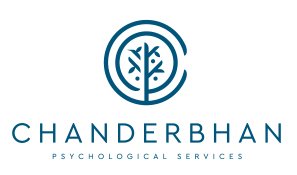Blog
Welcome to the Chanderbhan Psychological Services blog. Our blog offers information and insights about emotional health and well-being. While the blogs are not a substitute for professional advice, we hope these posts will give you new tools to help you improve your mental health and wellness.

What is Health Anxiety?
Health anxiety doesn’t have to take over your life. If you’re struggling with it, there are ways to cope that will allow you to stop living in fear.

A Growth Mindset for the New Year
As you set your goals for the New Year, work on cultivating a growth mindset. A growth mindset enables you to move towards your goals in a healthy way, without getting stuck and frustrated.

Coping with Holiday Anxiety
The holidays don’t have to make your anxiety worse. There are several ways that you can approach the holidays that will make the season easier to get through, even enjoyable.

Keep Your Sanity During the Holidays: 5 Practical Tips
This year, take time to arm yourself with some easy tips to help you stay sane throughout the holiday season. Start prepping early with these helpful tips.

Are You an Emotional Eater?
Emotional eating can be a hard thing to admit to yourself, so recognizing some of the causes and signs can serve as a wake-up call that you deserve help.

5 Ways to Manage Infidelity Triggers
As you try to recover from the pain of an affair, knowing how to manage infidelity triggers is essential.

5 Unique Signs of Stress in Men
Stress looks different in men. There are some unique psychological and physiological signs of stress in men that are important to recognize.

8 Important Questions to Ask When Dating
it’s easy to be blinded by the excitement of dating. So, it’s essential to take a step back and ask some important questions. The right questions will help you learn a lot about your partner and what you want.

Unfocused? Forgetful? How to Know If You're an Adult With ADHD
When most people think about ADHD (Attention Deficit Hyperactivity Disorder), they associate the condition with children. However, just over 8% of adults in the U.S. deal with it, too. Adult ADHD likely began in childhood and either went undiagnosed or was misdiagnosed.

